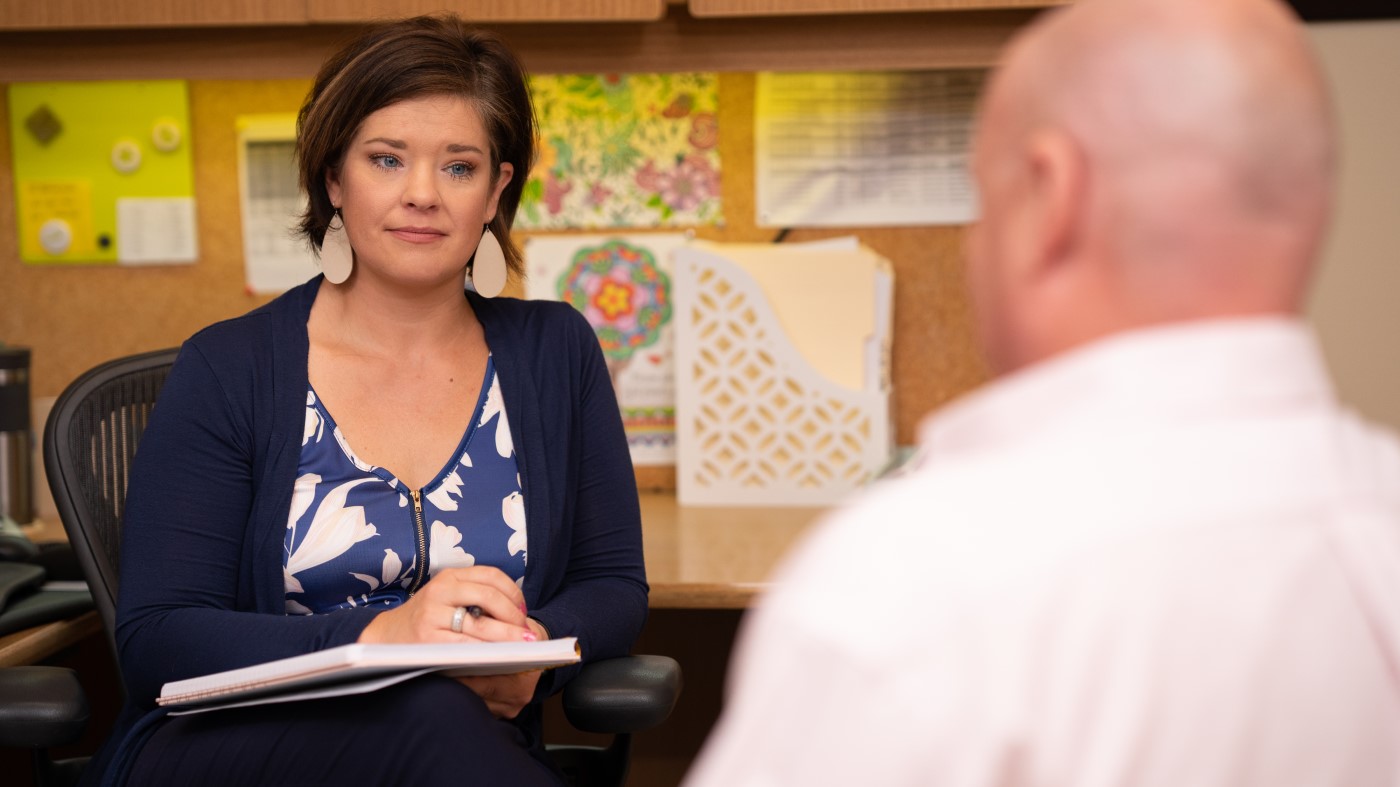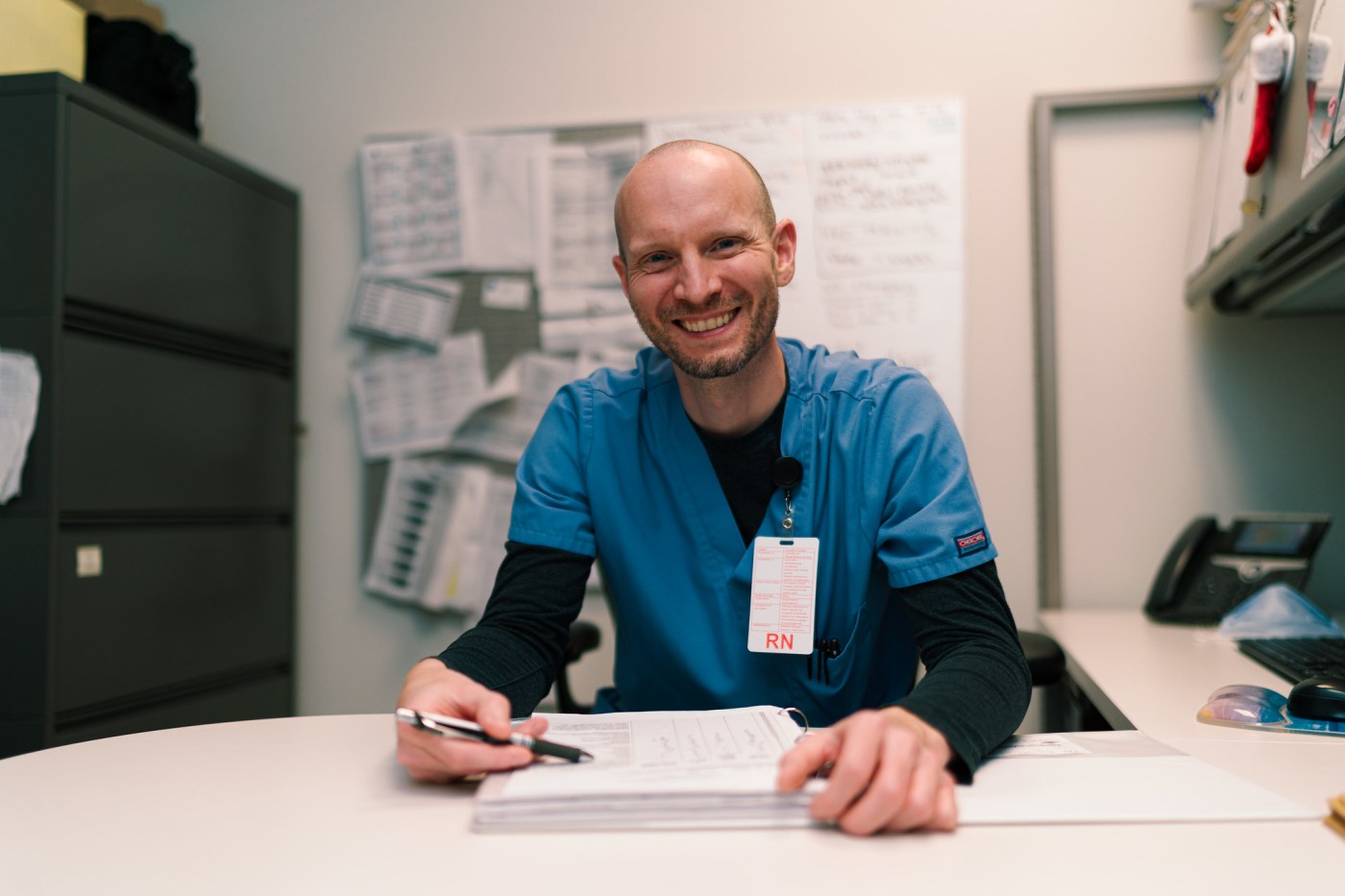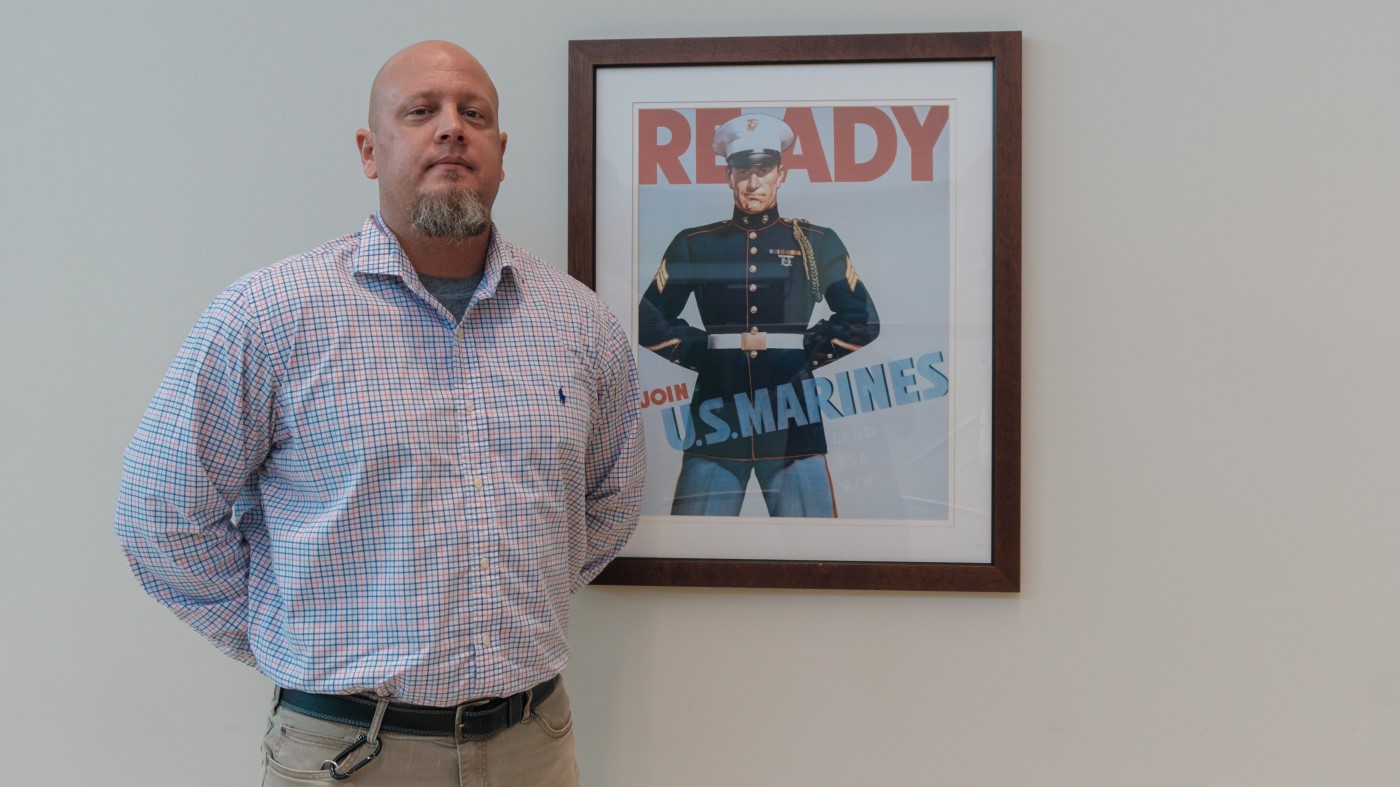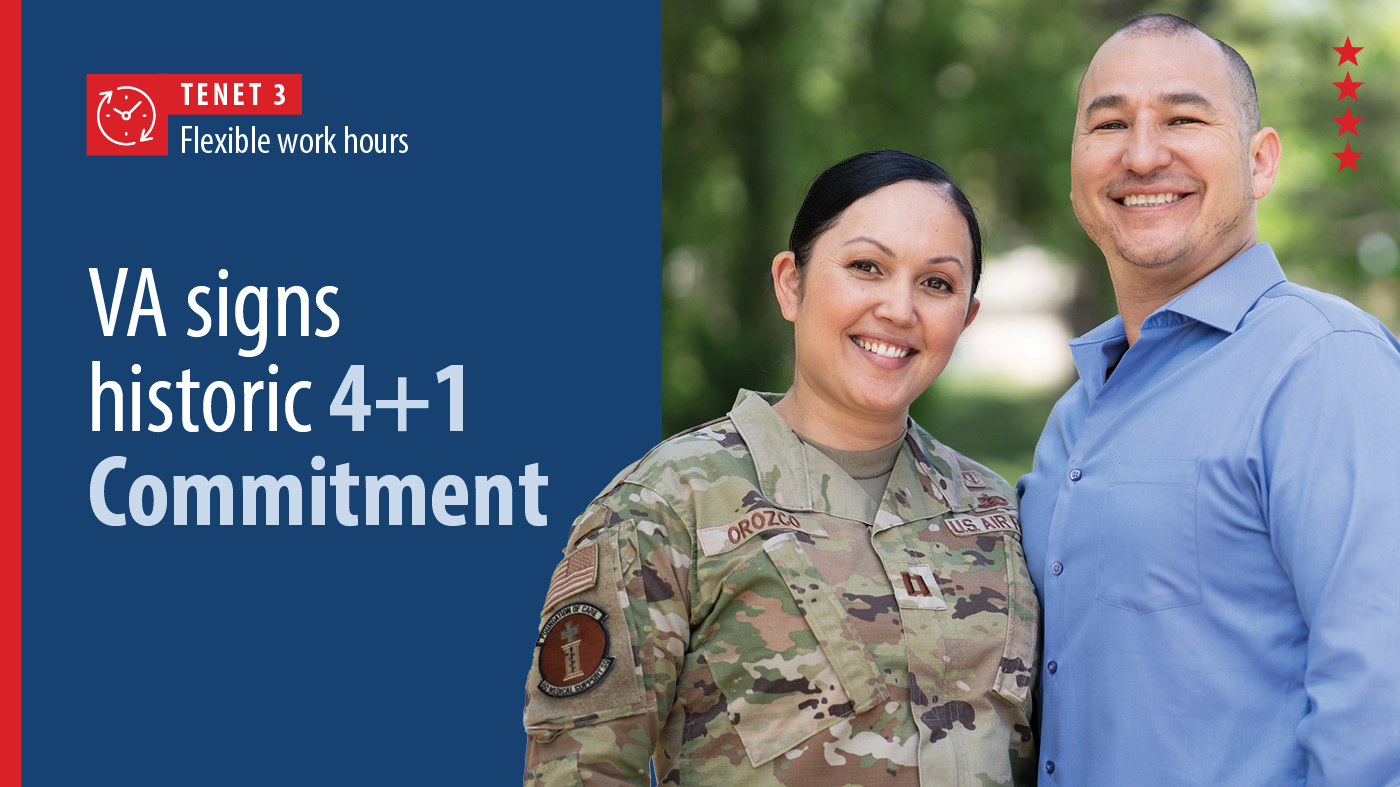Understanding the complex nature of post-traumatic stress disorder (PTSD) is one of VA’s most pressing challenges. Many Veterans who fought in Vietnam, the Gulf War and post-9/11 conflicts in Iraq and Afghanistan have experienced this mental health condition sometime in their lives, and we need to be ready to offer them the help they need.
Clinical excellence
At VA, we are the world’s leading research and educational center on PTSD and traumatic stress, all with an eye towards assisting Veterans. Throughout our system, we employ numerous professionals with specialties in PTSD.
- VA psychologists take on leadership roles; work in management, research, academia and training; and even impact system-wide policies. You also have the opportunity to practice in several specialized areas, including PTSD, traumatic brain injuries and serious mental illness.
- Our social workers provide direct clinical services and coordinate special interest programs—all while working with an interdisciplinary team to deliver care in the best interests of the patient.
- Mental health counselors collaborate with Veterans to establish goals and treatments. But whatever your recommendation, you’ll partner with our Veterans to help them through the process.
Multi-disciplinary approaches
While our counselors, social workers and psychologists are the first line of support for Veterans when it comes to PTSD, they are not alone in the fight. VA’s consistent approach to multidisciplinary care means that there are other ways to assist Veterans.
As PTSD can lead to other issues for Veterans, including substance abuse, efforts are being developed to address those needs as well. As the government looks to further invest in mental health, we will be hiring nearly 300 new peer specialists to better support Veterans with substance use disorders.
Those same investments will allow VA to develop a National Center for Veterans Financial Empowerment, which will aim to provide Veterans with education, tools and resources to successfully navigate financial strain that can come from PTSD and other mental health issues.
Innovative treatments
We believe that empowering Veterans and caregivers with information creates pathways to success in mental health treatment. As a member of our team, you can help research treatments and solutions, expand the evidence base for effective solutions, and help disseminate that information among our facilities and partner programs.
Our mission also includes reaching out to Veterans in new ways. Our mobile apps provide self-help, education and support. They can be used by anyone, including health care professionals, members of the general public, and even Veterans themselves to find support and information. Supporting those programs means opportunities in our administrative and technology fields, offering you an innovative way to help Veterans.
Work at VA
Our team is always ready and able to assist a Veteran or their loved ones when it comes to mental health. Together, we can make a difference.
- VISIT our National Center for PTSD to learn more about our efforts.
- EXPLORE a VA mental health career.
- LEARN about the benefits we offer.
- SEARCH for an open position at VACareers.va.gov.
Topics in this story
More Stories
There’s a time and a place (and a way) to reach out to recruiters during the application process. Find out the best way to reach out with our helpful tips.
Even as we serve Veterans, we want Veterans like you to join our team, because you understand the value of serving those who served.
VA is implementing the historic 4+1 Commitment to attract, hire, and retain military spouses. Learn more about this commitment and a key tenet, VA’s commitment to flexible work hours for military spouses.







I work with veterans under the community care program for chronic ptsd, and natural pain management, insomnia and anxiety with great results.
I would like to see more tricare patients for sub acute ptsd, insomnia and anxiety because of the results my patients are achieving with chronic conditions. I feel acupuncture helps with all emotionally based issues and in combination with psychotherapy, patients may make greater gains in a shorter period of time, than each discipline alone.
I also incorporate guided meditation techniques in the session to help patient balance themselves for greater result and because meditation helps with sleep deprivation and insomnia. I may also apply ear seeds for longer term therapy.
I do see that Peer Specialists are mentioned. I was just thinking that listing them in the, “Topics in this story” would be an idea as we are especially in need of female VA Peer Specialists.
I am currently on a reasonable amount of Meds for my chronic PTSD, and the Trazodone helps me sleep and relax
a fair amount of the time. I say chronic because of an incident aboard ship, which literally scared me to death and
to this day, I truly wonder about my status. This happened about 1975 or 1976, and the details will stay on the boat (so to speak). This Oct, I will have my 2nd VVC with my new Shrink and I intend to lay it all out for her to understand/reason about the incident. Perhaps, she can give me guidance/advice/meds to help me with my situation, we will see this October.
I can attest to the help I received from the VA. I had minor flashbacks that made me cry everyday for 44 years but I was handling it just fine until 8 years ago a doctor friend of mine at the fancy restaurant dinner table made a comment about war that made me see for the first time in my life the bullets hit. I stood up and took off running into the dark snowy night until a stranger found me on the pavement in an alleyway.
I got help from the VA and 2 years ago I told my psychiatrist I was cured and have had a great life free of flashbacks since. I just never had the courage to ask for help until it was really bad.